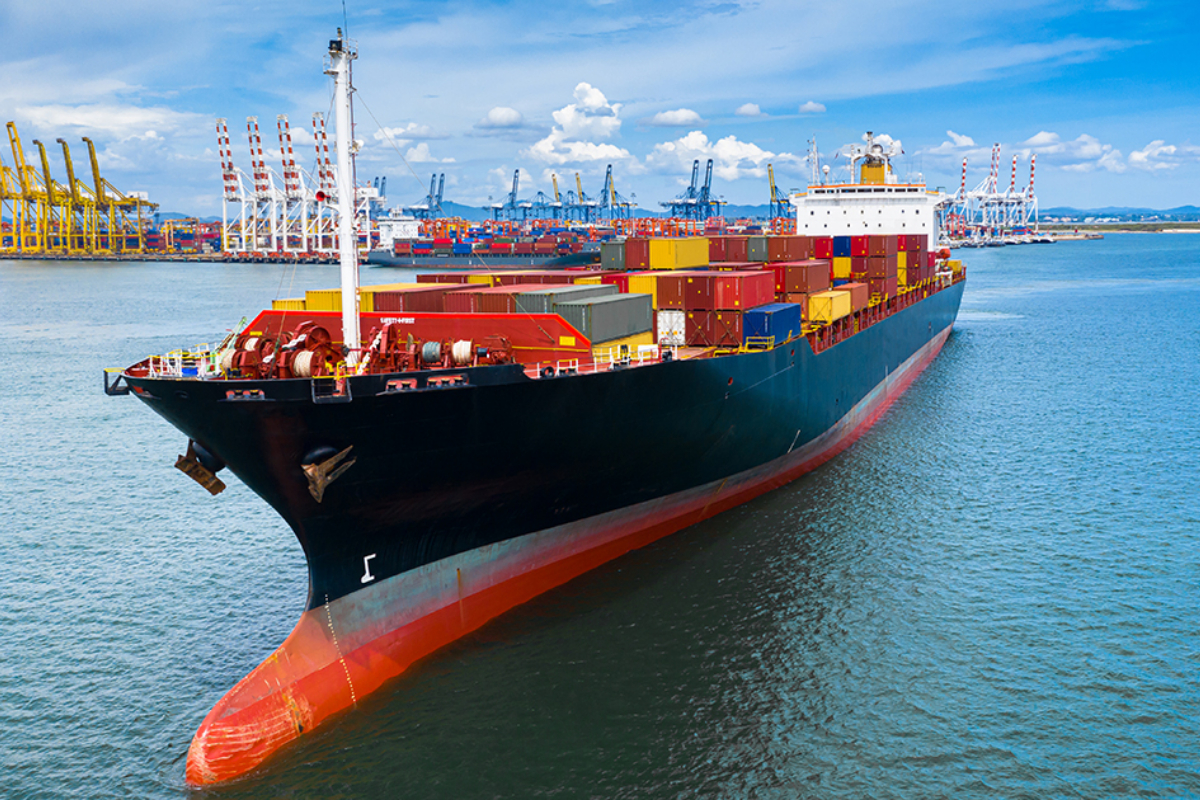KARACHI: The Minhaj University Lahore’s (MUL) Centre of Research and Innovation in Maritime Affairs (CRIMA) organised a national conference on combating sea blindness in Pakistan.
The conference themed “Decade of Oceans, Future Vision and Past Reflection” was held on January 5.
At the start of the conference, Dr Sajid Mehmood Shahzad, Vice Chancellor of MUL pointed out that the entire globe comprises of 30 per cent land and 70 per cent water. On the 30 per cent land 8.1 billion people reside and they heavily rely on land-based resources.
The worrisome factor is that the 30 per cent of resources available on land are depleting at a very rapid pace. Resultantly the countries connected to the seas are taking stringent measures and are relentlessly working to devise robust policies to uplift the sea-based growth rate, he added.
Pakistan should also shift its focus from land-based resources to untapped sea-based resources in blue economy. He further stressed that the younger generation must be sensitised regarding the significance of the blue economy, which must be added to the course curriculum.

The conference was organised into three panels. The themes of the panels were marine pollution, blue economy and the Indian Ocean.
The first session was chaired by Prof Muhammad Khan from the International Islamic University, Islamabad and moderated by Dr Waqasia Naeem from MUL. The second session was chaired by Prof Azhar Ahmad and moderated by Gul-i-Ayesha Bhatti, a PhD Scholar of International Relations. The last session was chaired by Dr Shareh Qazi from Punjab University Lahore and moderated by Dr Aleem Gillani from MUL.
The list of keynote speakers also includes Director Indian Ocean Study Centre (IOSC), NIMA Islamabad, Commodore (Retd) Baber Bilal Haider and Director, NIMA Karachi Commodore (Retd) Ali Abbas.
The conference offered pragmatic perspectives from national and international experts. It aimed to prognosticate future challenges in the maritime sector and transform policy makers’ land-based mind-sets towards enormous untapped resources in the blue economy.
Moreover, it is highlighted in the conference that where land divides us, oceans connect us. Even countries of South Asia are compelled to work together on issues like spilling oil at sea because no one state can fight such an issue alone.
Marine pollution, policy and regulations; ports and maritime security; shipbuilding and maritime transportation systems; maritime security and transport security; Pakistan’s maritime routes and sea trade; the ocean knowledge revolution; Pakistan and international maritime law; marine infrastructure and maritime planning; Pakistan’s maritime policy analysis, and power politics in the Indian Ocean region were also discussed at the conference.
Various marine issues were discussed by a wide range of presenters worldwide. This conference drew a large audience from around the country and the world.
Director CRIMA, in his closing remarks of the session, said that through the platform of CRIMA MUL is putting unending efforts to create awareness at all levels about maritime-related emerging challenges in Pakistan.
At the end of the conference, vice chancellor of MUL thanked all the eminent speakers. He also extended his gratitude to his team: director CRIMA Dr Muhammad Ishfaq, deputy director Dr Uzma Naz, assistant director Dr Anum Javeed, assistant director Dr Aleem Gillani, research associate Iqra Manzoor and research assistant Rabiya Shafique. More than 650 academicians, research scholars and students participated in the conference.
[embedpost slug=”cns-admiral-amjad-niazi-chairs-command-and-staff-conference/”]





















